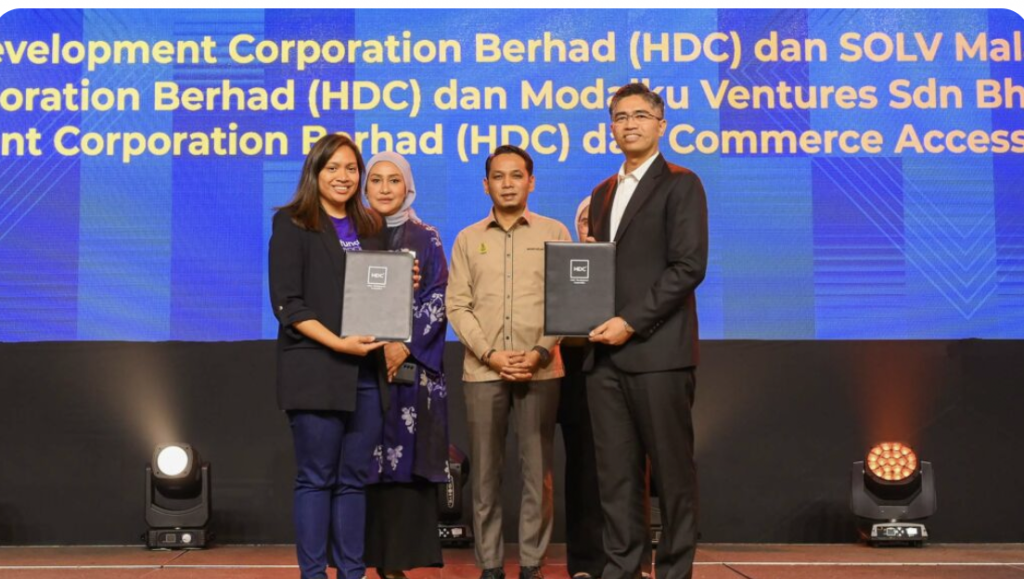THE halal industry offers an immense opportunity for local small and medium entreprises (SMEs), said Entrepreneur Development Minister Datuk Seri Mohd Redzuan Md Yusof (picture).
Mohd Redzuan said the industry is also deemed as a “low-hanging fruit” of the economy as it provides investment potential up to US$10 trillion (RM41.8 trillion) in the next five years.

“Another area that we foresee as a huge potential for the SMEs to venture into is the halal industry.
“Globally, the halal market is set to reach US$9.71 trillion by 2025,” he said at the SME Conference 2019 in Kuala Lumpur yesterday.
Citing examples of the increasing demand for gelatine, Mohd Redzuan said only 5% of the gelatine production worldwide meets the halal requirement.
“There is an increasing global demand for halal food products, including halal gelatine. In 2013, the global gelatine market volume was estimated at 374,000 tonnes, with an average annual growth of 3.8%, while the demand for halal gelatine alone was estimated at 60,000 tonnes yearly.
“However, almost 95% of the gelatine in the market now is produced from animals prohibited for use by Muslims,” he said.
Mohd Redzuan said the local SMEs are exhorted to participate in the halal production of various food, health and cosmetic products.
“There is strong demand for gelatine in the production of various food, health and cosmetic products. As a country with a majority Muslim population, we believe that there is great potential for Malaysia to venture into this new industry.
“An added advantage for Malaysia is the fact that Malaysia’s halal logo is widely recognised and well-accepted around the globe,” he said.
He added that SMEs’ involvement in the halal production, particularly in the gelatine market, would support the development of the first halal gelatine incubator project in the country.
“We have been mandated to take the lead in this project and provide the necessary facilitation and support for the private sector to establish halal gelatine hubs in the country.
“Work is currently in progress to establish the country’s first halal gelatine incubator project, which has the capacity to produce between 250 tonnes and 300 tonnes of gelatine per year,” he said.
Mohd Redzuan said through the National Entrepreneurship Policy 2030 (NEP 2030), the government will continue to bolster the contribution of SMEs.
“NEP 2030 is our long-term strategy which outlines the objectives, targets and key deliverables that will enable Malaysia to become a leading entrepreneurial nation by 2030.
“One of the key objectives of NEP 2030 is to enhance the capacity and participation of young entrepreneurs and SMEs in the national and global economy. In addition, economic activities in Malaysia are generated by entrepreneurship,” he added.
At present, there is a total of 907,065 SMEs established in Malaysia, which accounts for 66.2% of employment in 2018.
“Under the NEP 2030, the Entrepreneur Development Ministry hopes to strengthen the overall contribution of SMEs to the country’s GDP, which currently stands at 38.3% to 45% by 2025, and 50% by 2030,” Mohd Redzuan said.



